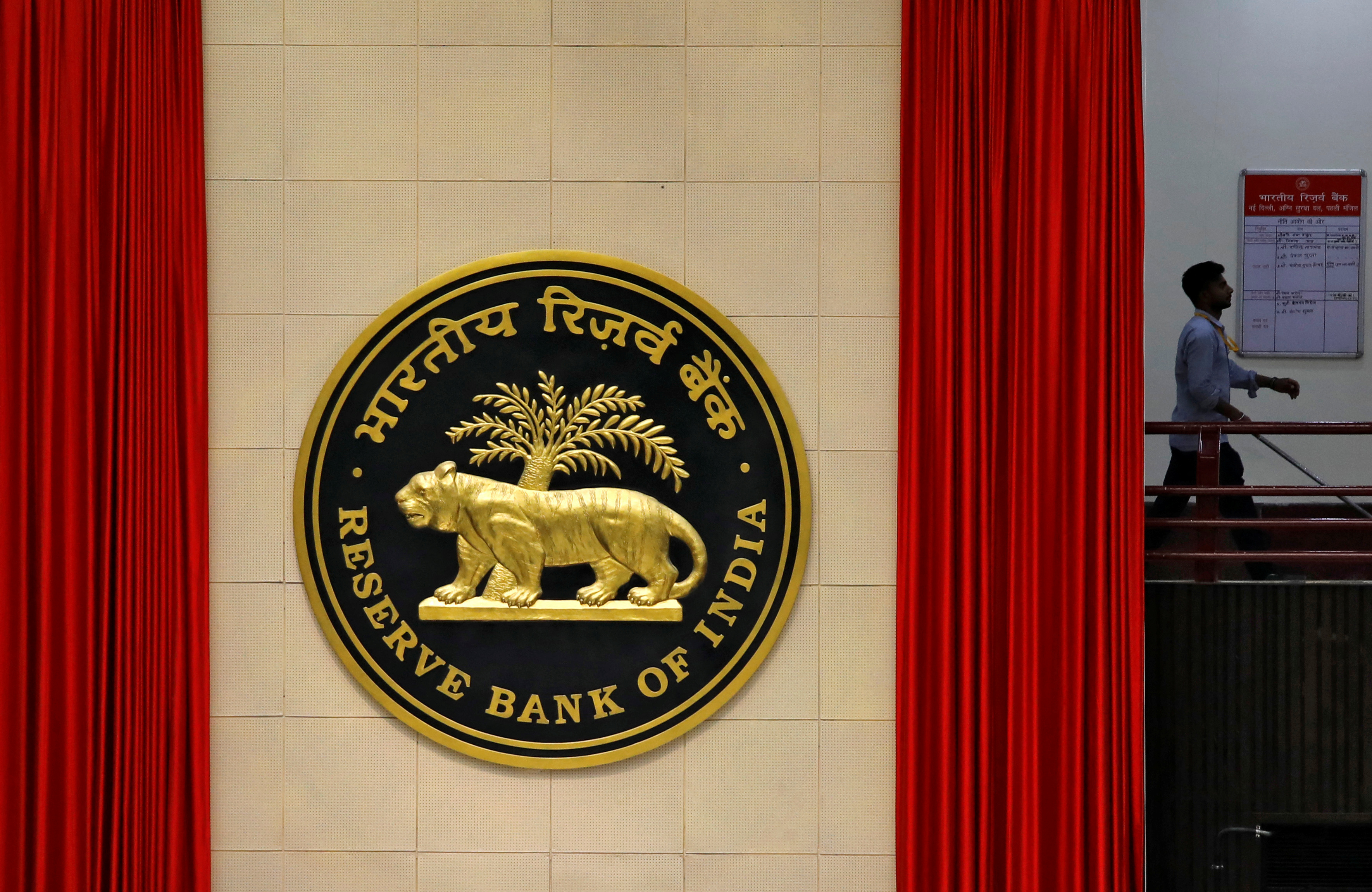
India Phases Out 2000-Rupee Notes: Transforming the Financial Landscape
Reserve Bank of India Announces Withdrawal of 2000-Rupee Notes, Driving Economic Shift
India's financial ecosystem is poised for a significant transformation, driven by the planned withdrawal of its highest denomination currency note from circulation, the 2000-rupee note. This decision was announced by the Reserve Bank of India (RBI), which stated that while these notes will continue to remain legal tender, the public is encouraged to deposit or exchange them by September 30, 2023.
The announcement, which harks back to the surprise move in 2016 when the government, led by Prime Minister Narendra Modi, withdrew 86% of the economy's currency in circulation overnight, is widely considered to be a strategic maneuver. However, this time, the economic disruption is expected to be less severe as a lower value of notes is being withdrawn over a longer period.
These high-value notes were initially introduced post the 2016 demonetization to rapidly replenish the currency in circulation. But with the passage of time, the RBI has frequently expressed its intent to reduce the circulation of such high-value notes and had ceased printing the 2000-rupee notes over the past four years. As per the central bank's communication, these notes are seldom used for transactions, which propelled the decision to gradually phase them out.
The timing of this decision is also believed to be strategic. Analysts observe that the move is occurring ahead of state and general elections, a time when cash usage typically surges. From a political and economic standpoint, Rupa Rege Nitsure, Group Chief Economist at L&T Finance Holdings, considers this a prudent decision, albeit one that may cause inconvenience to those who have been using these notes as a store of value.
Looking deeper into the possible effects on India's economy, it's important to note that the value of 2000-rupee notes in circulation is around 3.62 trillion Indian rupees ($44.27 billion), which is about 10.8% of the currency in circulation. However, despite this significant figure, Nitsure assures that this withdrawal will not cause any major disruptions as smaller denomination notes are readily available in sufficient quantity.
The RBI's move also takes into consideration the remarkable growth in digital transactions and e-commerce over the past six to seven years. This development has lessened the economy's dependence on cash, especially for larger transactions. Nevertheless, there could be short-term inconveniences, particularly for small businesses and cash-oriented sectors like agriculture and construction. On the brighter side, this shift could induce a spur in discretionary purchases such as gold, as people holding these notes might choose to buy valuable items instead of depositing them in banks.
The banking sector is also set to witness a significant impact. As people start depositing or exchanging the 2000-rupee notes, there will be a rise in bank deposits. Karthik Srinivasan, Group Head - Financial Sector Ratings at rating agency ICRA Ltd, asserts that this will ease the pressure on deposit rate hikes. Furthermore, this influx of notes will bolster banking system liquidity, a sentiment echoed by Madhavi Arora, Economist at Emkay Global Financial Services.
According to Trading News, improved banking system liquidity and an inflow of deposits into banks could result in a decrease in short-term market interest rates as these funds get invested in shorter-term government securities. Furthermore, the 2000-rupee notes' withdrawal may result in an increase in sales of high-value items like property and precious metals, leading to a rise in consumption in Asia’s third-largest economy.
However, these developments might not be without challenges. While there's no daily limit on the amount that can be exchanged, economist Samiran Chakraborty posits that people's reluctance to disclose their likely unaccounted cash may lead to an initial surge in conspicuous spending. Meanwhile
the government is expected to closely monitor any suspicious transactions to prevent the circulation of black money. The withdrawal of the 2000-rupee notes could also have implications for the informal economy, which heavily relies on cash transactions. It may lead to a temporary slowdown in certain sectors that predominantly operate in cash, as they adjust to the new currency dynamics.
To mitigate the potential challenges and facilitate a smooth transition, the Reserve Bank of India has launched a comprehensive communication campaign to create awareness among the public about the withdrawal of the 2000-rupee notes and the available options for depositing or exchanging them. Banks and other financial institutions have been instructed to provide adequate facilities for people to complete these transactions conveniently.
The move to withdraw the 2000-rupee notes aligns with the government's ongoing efforts to promote digital payments, financial inclusion, and transparency in the economy. It is expected to encourage the use of formal banking channels and digital transactions, further accelerating the country's shift toward a cashless society. The increased usage of digital payment platforms can enhance transparency, reduce the circulation of counterfeit currency, and enable better tracking of financial transactions.
Overall, while the withdrawal of the 2000-rupee notes may cause short-term inconveniences and adjustments in certain sectors, it is a strategic step toward a more efficient and transparent financial ecosystem in India. By promoting digital payments, curbing the circulation of high-value notes, and increasing banking system liquidity, the government aims to strengthen the country's economy and further integrate it into the global financial landscape.
Read More
-
GPIQ ETF Price Forecast: Can a 10% Yield at $52 Survive the Next Nasdaq Selloff?
09.02.2026 · TradingNEWS ArchiveStocks
-
XRP ETF Price Forecast: XRPI at $8.32, XRPR at $11.86 as $44.95M Inflows Defy BTC and ETH Outflows
09.02.2026 · TradingNEWS ArchiveCrypto
-
Natural Gas Futures Price Forecast: Will The $3.00 Floor Hold After The $7 Winter Spike?
09.02.2026 · TradingNEWS ArchiveCommodities
-
Stock Market Today: Dow Back Under 50K While S&P 500 and Nasdaq Push Higher as Gold Reclaims $5,000
09.02.2026 · TradingNEWS ArchiveMarkets
-
USD/JPY Price Forecast: Can Bulls Clear 157.5 Without Triggering a 160 Intervention Line?
09.02.2026 · TradingNEWS ArchiveForex



















